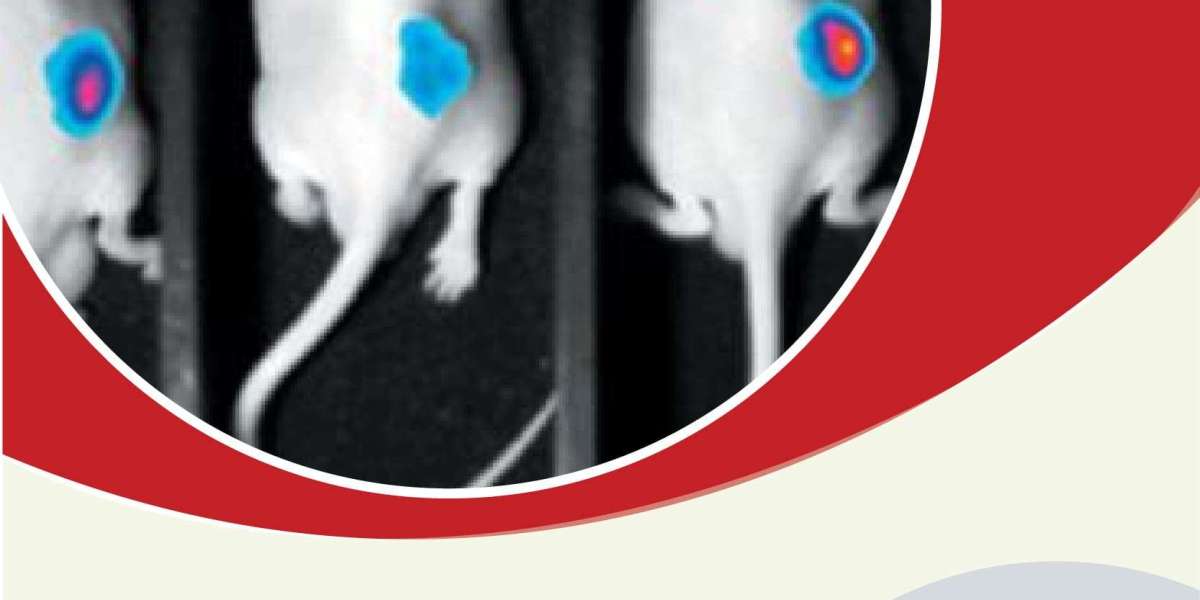Psychoanalytic theory has come a long way since its inception by Sigmund Freud. From the early days of psychoanalysis to the present, the field of psychology has seen significant developments and refinements in the way we understand human behavior and the mind. In this article, we will explore the evolution of psychoanalytic theory in modern psychology, from its origins to its current applications in therapy and research.
The Origins of Psychoanalytic Theory
Sigmund Freud, often regarded as the father of psychoanalysis, laid the foundation for modern psychoanalytic theory in the late 19th century. Freud's groundbreaking work on the unconscious mind, defense mechanisms, and the role of childhood experiences in shaping adult behavior revolutionized the field of psychology. Freud's theories, such as the id, ego, and superego, as well as the concept of psychosexual development, have had a lasting impact on our understanding of human behavior.
Key Concepts in Psychoanalytic Theory
Psychoanalytic theory is based on the idea that unconscious processes drive our thoughts, feelings, and behaviors. According to Freud, conflicts between our conscious and unconscious desires can lead to psychological distress and mental illness. Among the fundamental ideas of psychoanalytic theory are:
Defense Mechanisms: Freud proposed that we use defense mechanisms to protect ourselves from anxiety and distress. Repression, which is projection, and denial are a few types of defensive mechanisms.
Psychosexual Development: According to Freud, personality develops through a series of psychosexual stages, each characterized by a focus on different erogenous zones. Failure to resolve conflicts at each stage can lead to fixation and psychological issues.
Transference and Countertransference: In therapy, transference occurs when clients project feelings onto their therapists based on past relationships. Countertransference refers to therapists' emotional reactions to clients, which can influence the therapeutic relationship.
Evolution of Psychoanalytic Theory
Over the years, psychoanalytic theory has evolved and been adapted by a diverse range of psychologists and therapists. While Freud's original ideas still form the basis of psychoanalytic practice, new theories and techniques have emerged to address the complexities of human behavior. Some contemporary approaches to psychoanalytic therapy include:
Object Relations Theory: Developed by Melanie Klein and others, object relations theory focuses on the ways in which early relationships shape our sense of self and relationships with others.
Self Psychology: Founded by Heinz Kohut, self psychology emphasizes the importance of empathy and understanding in the therapeutic relationship, particularly for clients with narcissistic or self-esteem issues.
Relational Psychoanalysis: This approach, championed by Stephen Mitchell and others, places a strong emphasis on the role of the therapist-client relationship in the healing process.
Applications of Psychoanalytic Theory
Psychoanalytic theory continues to have a significant impact on modern psychology and therapy. Many therapists incorporate psychoanalytic principles into their practice, helping clients explore unconscious conflicts and gain insight into their feelings and behaviors. Some common applications of psychoanalytic theory include:
Psychoanalytic Therapy: In this form of therapy, clients work with a trained analyst to explore the unconscious roots of their emotional and behavioral issues. By gaining insight into their unconscious processes, clients can make lasting changes in their lives.
Psychodynamic Therapy: This approach draws on psychoanalytic principles to help clients develop self-awareness, explore their past experiences, and understand how these experiences shape their present behavior.
Attachment-Based Therapy: Based on attachment theory, this therapy approach focuses on the ways in which early relationships impact adult attachment styles and relationships.
Conclusion
From Freud's groundbreaking work to the diverse array of contemporary psychoanalytic approaches, psychoanalytic theory has continued to evolve and shape the field of modern psychology. By understanding the origins and key concepts of psychoanalytic theory, as well as its applications in therapy, we can gain valuable insights into the complexities of human behavior and the mind.
Looking for the top psychologist in India? Explore the best psychologist in India who specializes in psychoanalytic therapy and other approaches to mental health and well-being. Book an appointment today and start your journey towards self-discovery and healing!







